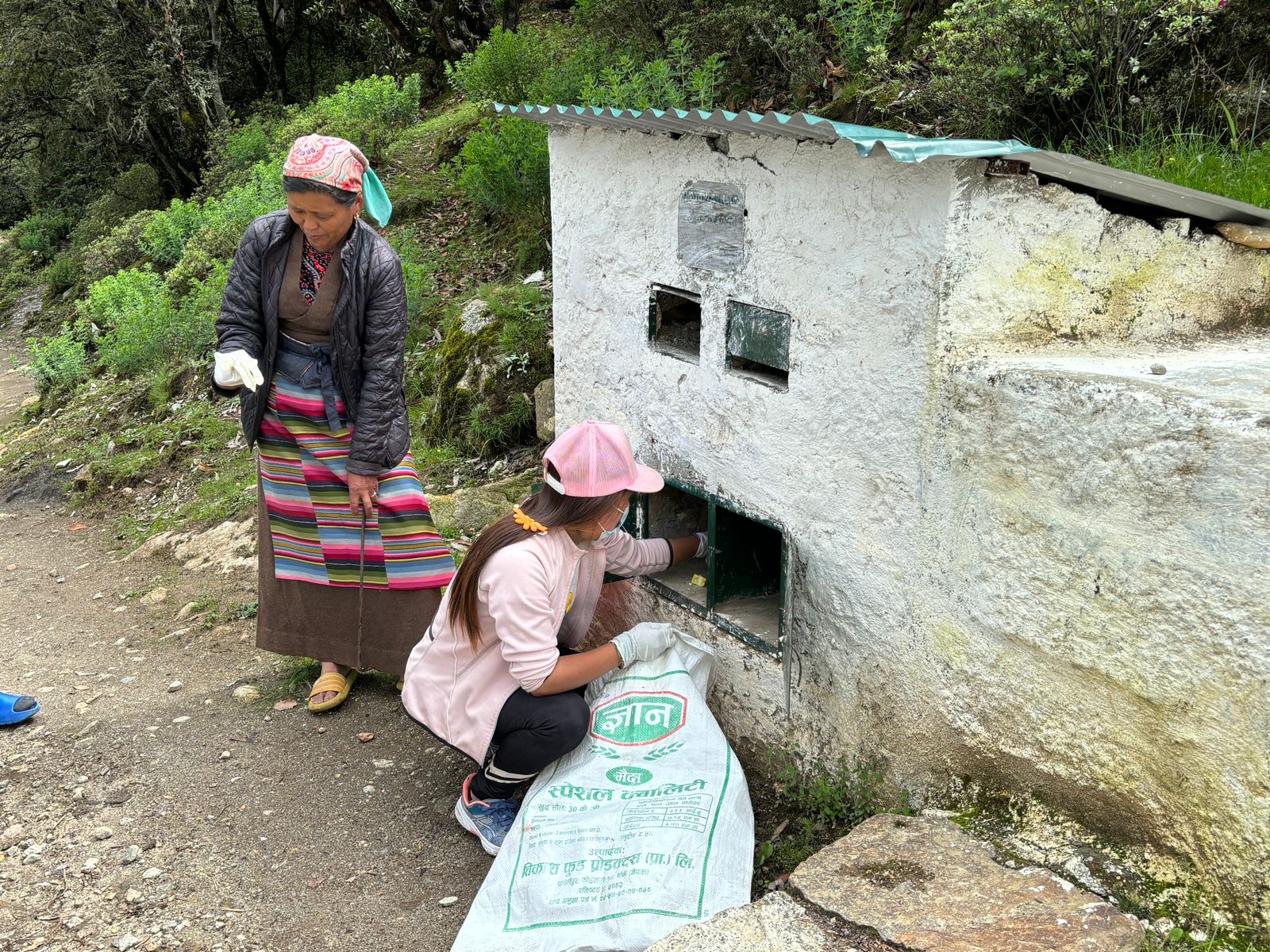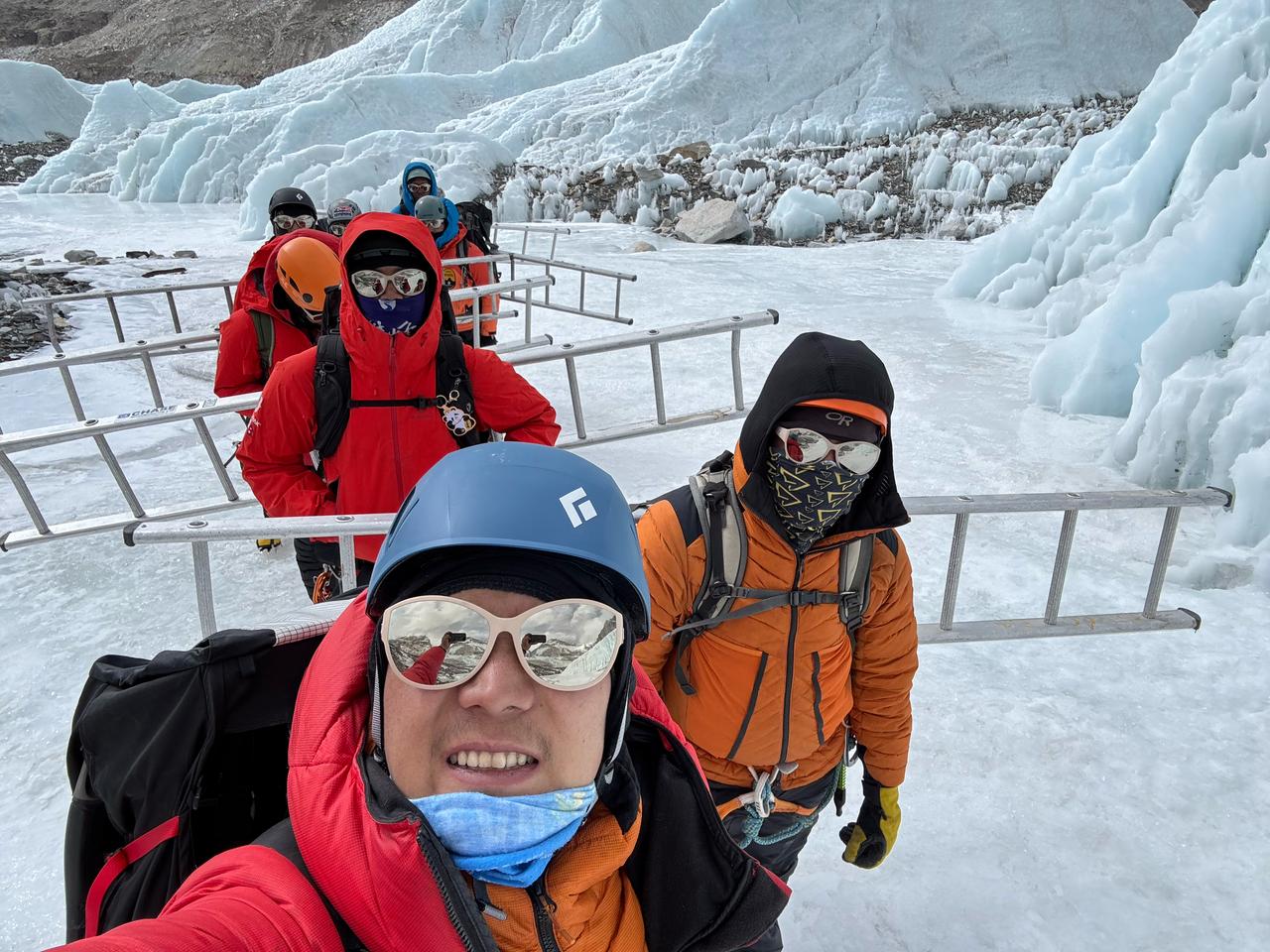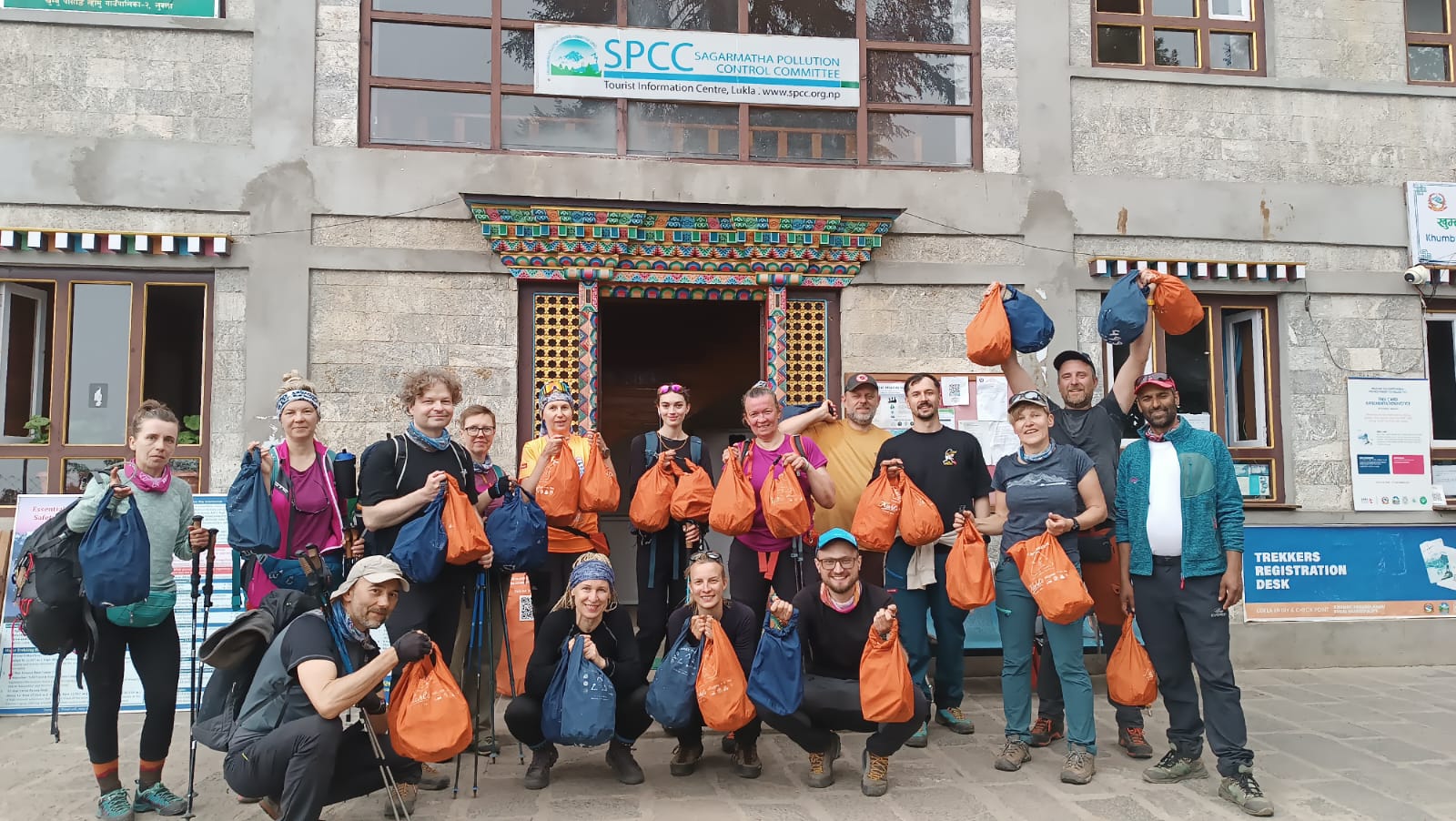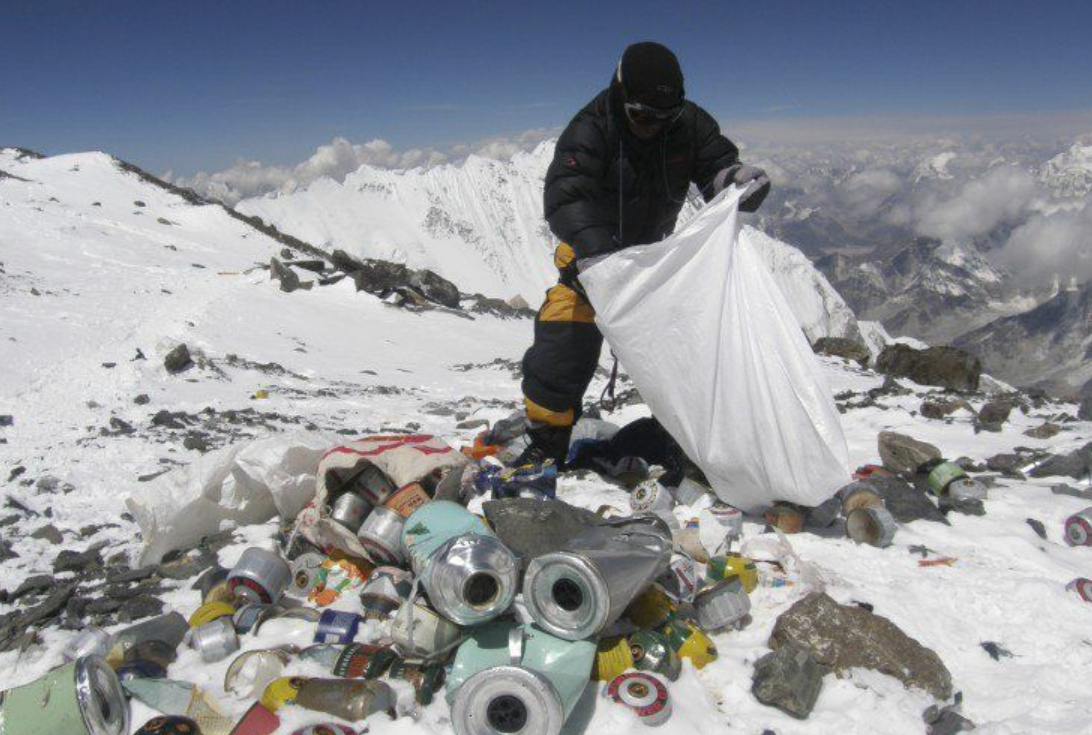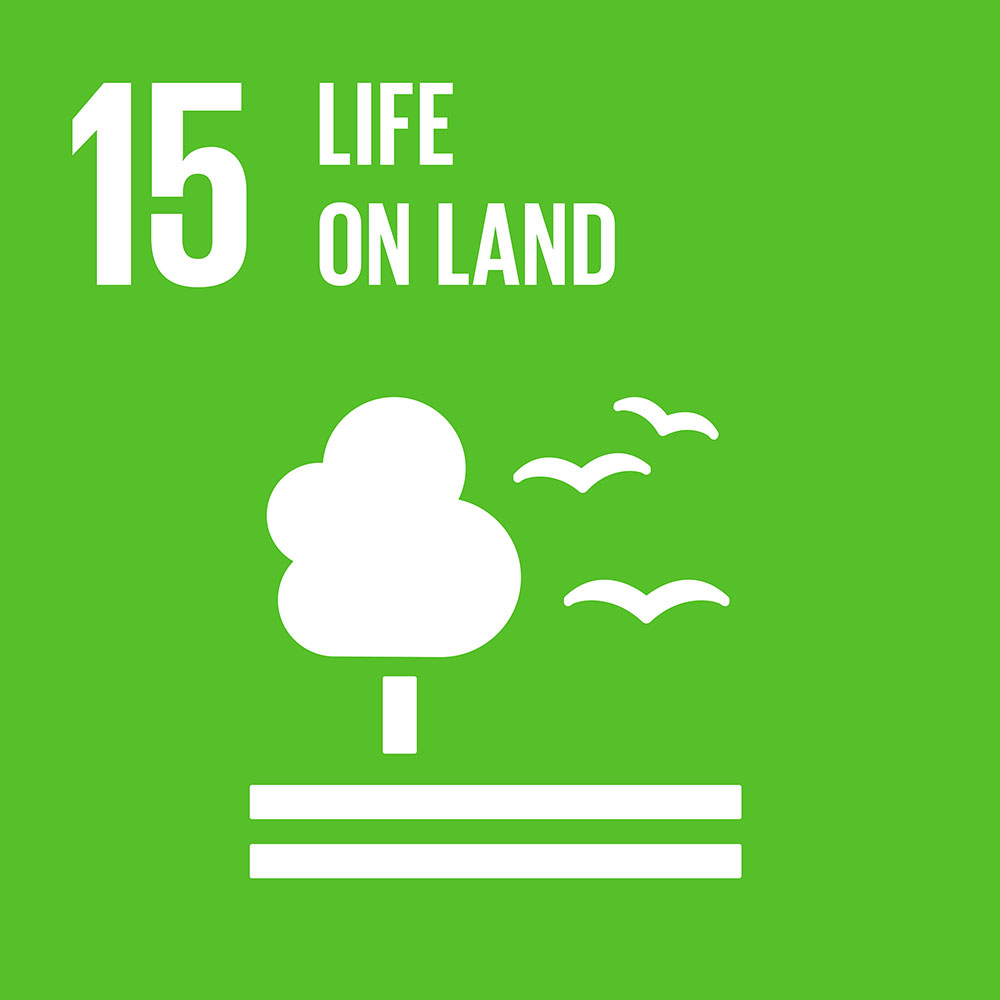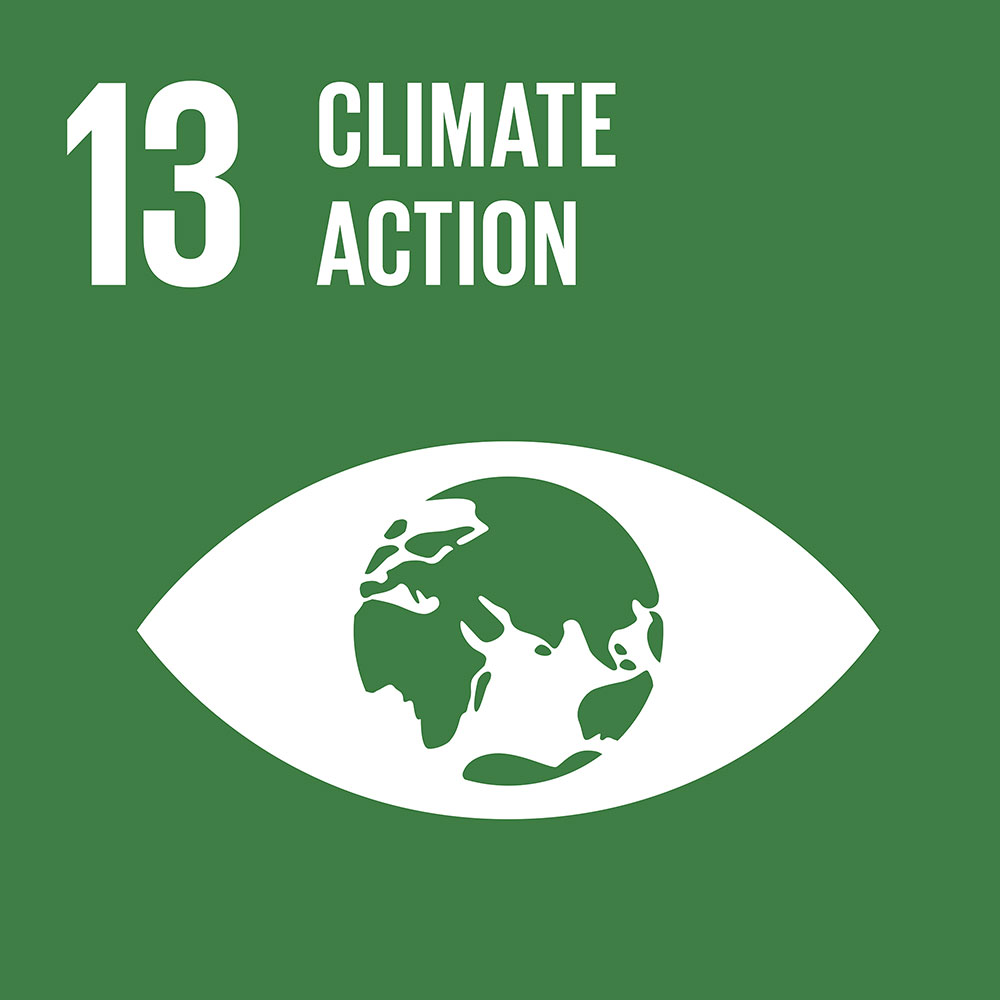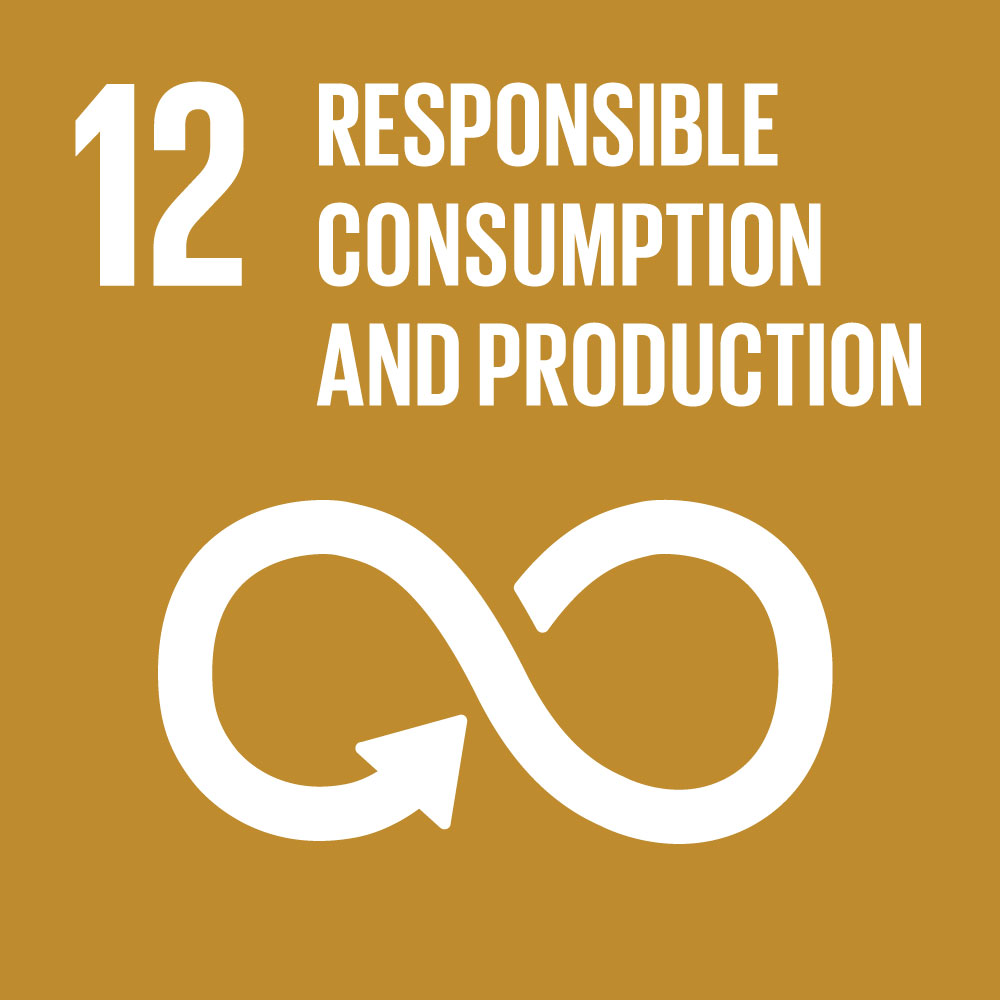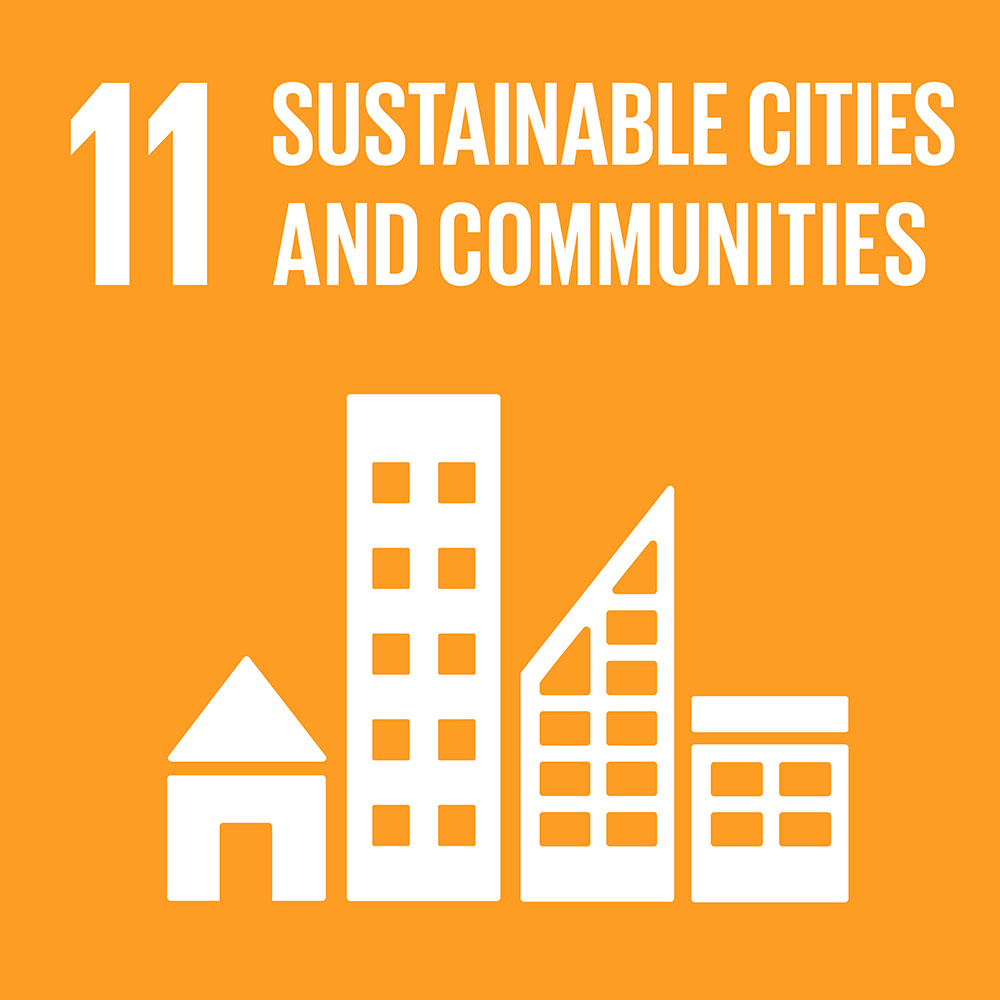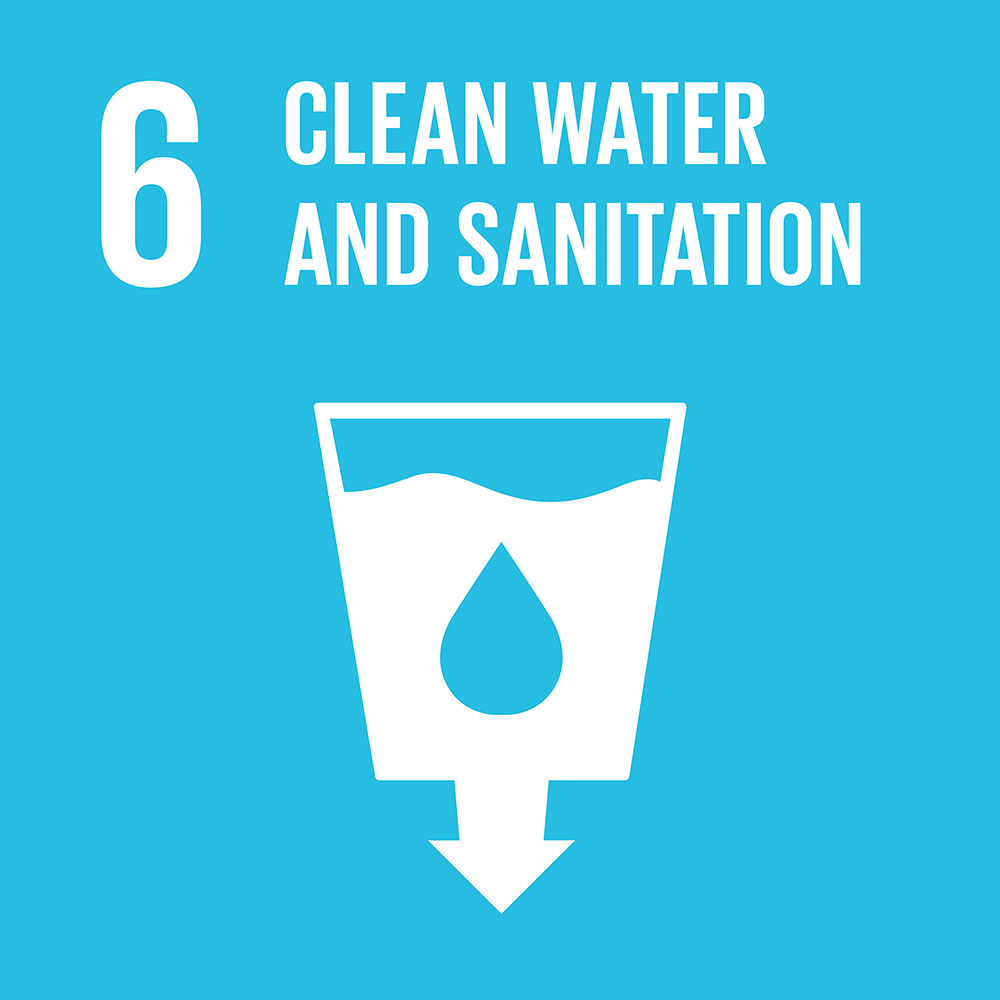
What's On SPCC


A Legacy of Leadership in Waste Management
Since 1991, the SPCC has played a vital role in safeguarding the Khumbu region—from its busy trekking routes and high mountain passes to its key settlements and the renowned Everest Base Camp. Established by the local Sherpa communities, SPCC has remained at the forefront of tackling waste management challenges, showing unwavering commitment to protecting the natural beauty of the Himalayas.
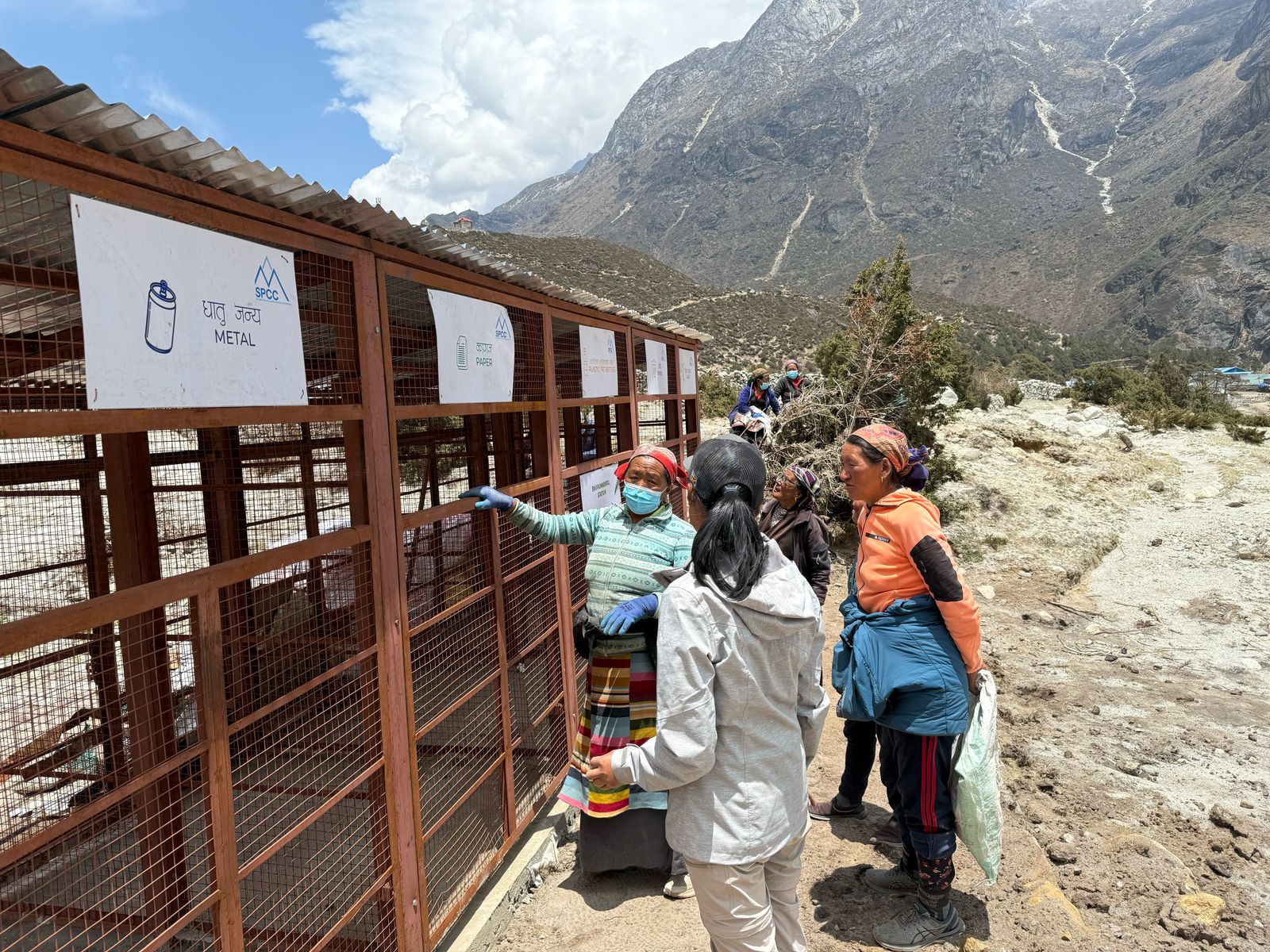

From Source to Solution: Building a Recycling Culture
To reduce dumping and enhance recycling, SPCC emphasizes waste segregation at the source. This effort includes placing and maintaining garbage bins along trekking routes, setting up Environmental Stations in villages for sorting and storing waste, and running a Material Recovery Facility (MRF) to semi-process recyclables. These integrated systems collectively help foster a circular economy in the Everest Region.


Mountains of Action: Cleanup Campaigns Across the Khumbu
SPCC spearheads dynamic cleanup campaigns that span trekking trails, traverse challenging high passes, and reach into villages, schools, base camps, and even the slopes of iconic peaks like Mt. Everest and Mt. Amadablam. These initiatives bring together local communities and volunteers, fostering collective action and raising crucial awareness about safeguarding the delicate Himalayan ecosystem.
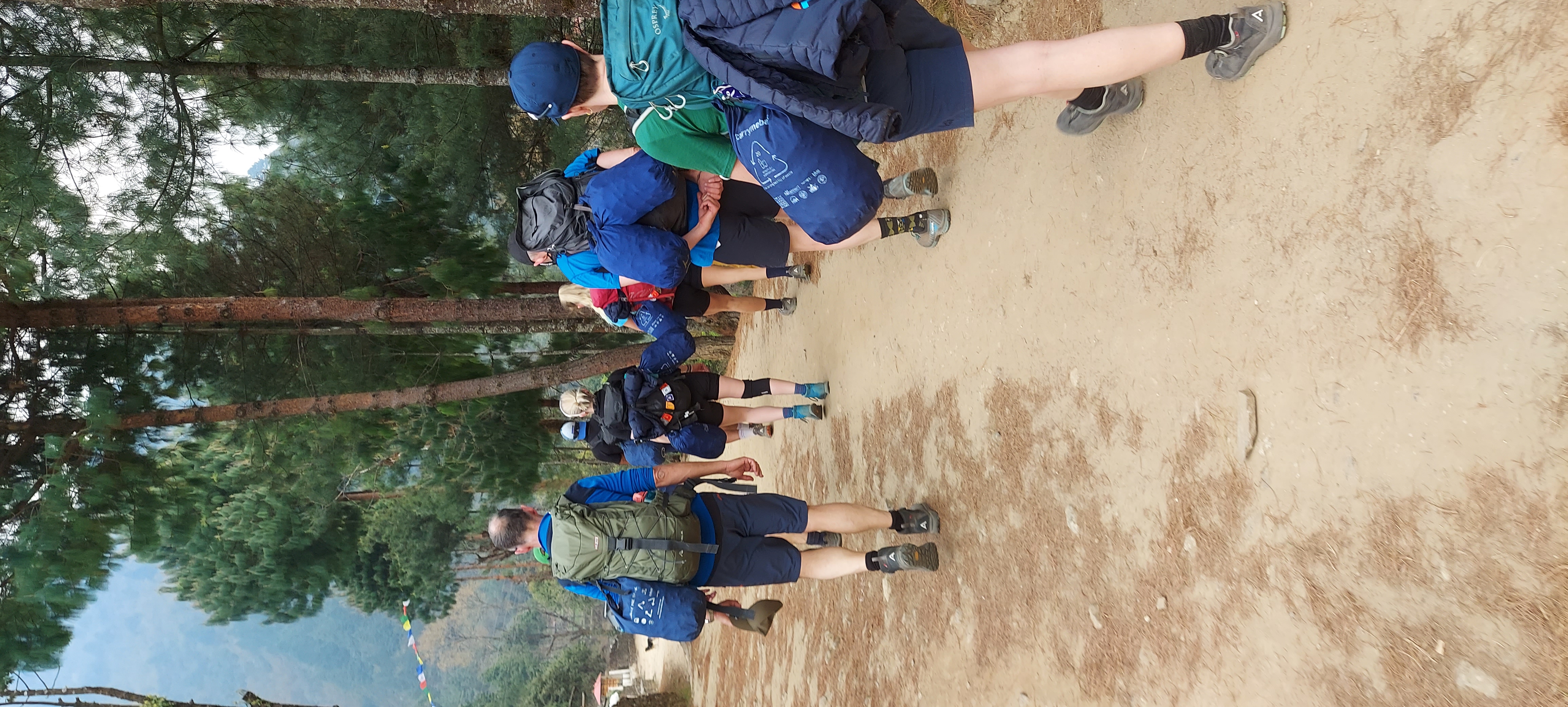

Innovative Solutions: Tackling Waste Transport Challenges
In one of the most remote and logistically difficult regions in the world, SPCC embraces innovation to overcome the challenges of waste transportation. From deploying drones to transport waste from high camps to launching the Carry Me Back (CMB) campaign, where trekkers help carry waste down to lower elevations, SPCC is redefining what’s possible in mountain waste management—and inspiring similar solutions globally.
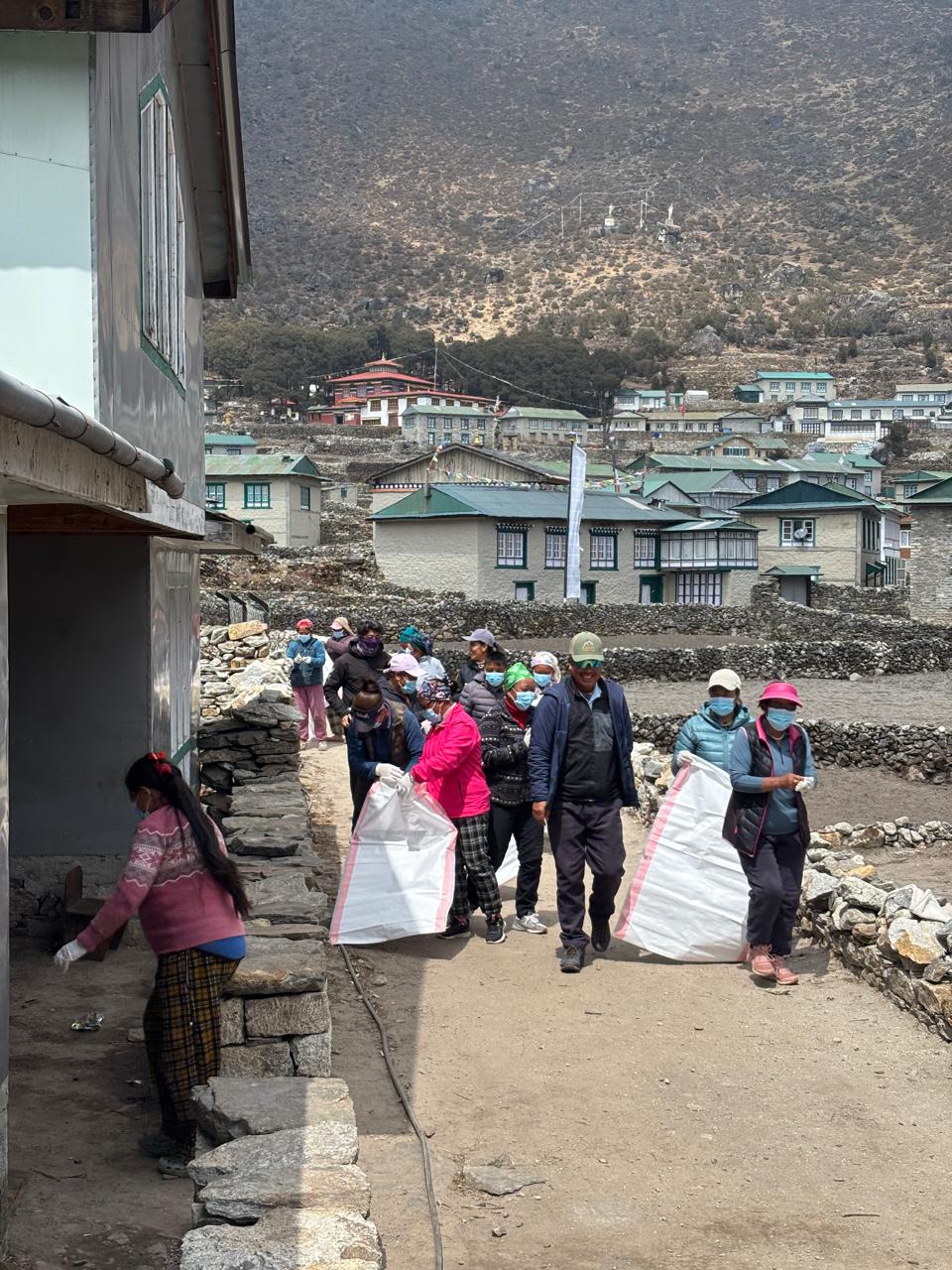

Keeping Everest Clean, Together
In strong partnership with over 30 local community-based organizations, SPCC builds awareness, strengthens local capacity, and empowers residents to lead sustainable waste management efforts in their own villages. Our collaborative approach extends beyond communities—we actively engage trekkers, climbers, expedition operators, the local government, Sagarmatha National Park, Buffer Zone, the Department of Tourism, and the Nepal Mountaineering Association to collectively manage waste across the Everest Region.
Engagement at SPCC

Every year, thousands journey to the Everest region, drawn by its beauty and spirit.

Explore Us In More Details
Our Works
Peaks
Years
Partners
Our Commitment to
Sustainable Development

Advancing Environmental Sustainability, Community Well-being, and Climate Action


